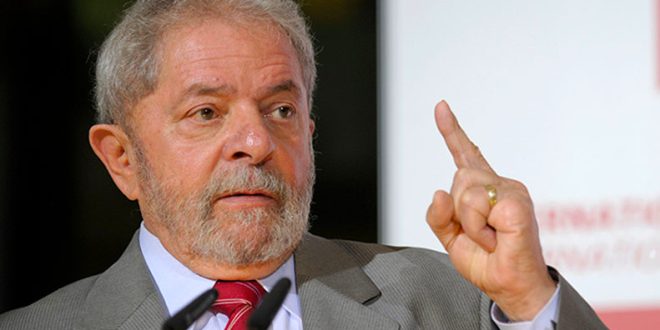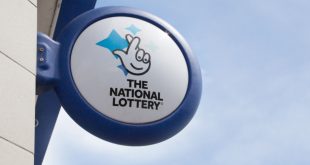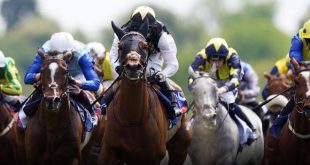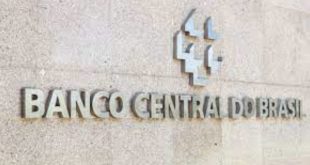Yesterday afternoon, Brazil’s federal government notified agencies of its imminent plans to publish provisional measures required to regulate a fixed-odds sports betting market.
Via SBCNoticias, further developments have been uncovered in relation to the regulatory development of Brazil’s pending sports betting regime, with measures drafted by the Ministry of Finance and due to be endorsed by President Lula da Silva.
As such the government ministries of Planning, Management, Health, Tourism, and Sports were notified yesterday of the provisional measures on tax and market safeguards.
Headline measures saw the government plan for the creation of a ‘special secretariat’ responsible for approving betting accreditations and monitoring Brazilian betting market’s volumes and revenue generated.
As previously disclosed, the Ministry of Finance maintains its recommendation of a 16% Gross Gaming Revenue (GGR) tax to be applied on licensed operators, while player prizes will be taxed at 30%, with an exemption limit of BRL 2112 (€395).
The GGR tax revenue will be distributed across sectors, with specific percentages assigned to public safety, education, sports clubs, and social initiatives.
Uncovered by SBCNoticias is the creation of a tiered ‘Authorisation Fee’, which will be levied on “the value of prizes offered”. The government deems the Authorisation Fee as necessary to control and regulate all forms of licensed gambling in Brazil (betting and lotteries).
Legal oversight will be granted to the Ministry of Finance, which will have extended rights to request technical, operational, economic, financial, and accounting information from all businesses involved in the sports betting industry. The legal measure is deemed necessary to guarantee legal confidentiality and the protection of personal data in the information received.
A significant focus has been placed on the redistribution of taxes and fees collected from sports betting. The changes will see an 18.13% allocation for covering the maintenance costs of lotteries, 43.35% for the payment of prizes and income tax, 0.5% for the National Health Fund, and another 0.5% for the Ministry of Tourism.
Additionally, the measure establishes that 22% of revenues will be allocated to football clubs/leagues in exchange for the use of their names, brands and image rights.
The provision signifies a major shift in the relationship between sports organisations and the betting industry, with football clubs set to further receive a 1.5% for the broadcasting rights and sales income of LOTEX – Brazil’s instant lottery operator.
Brazil’s National Sports Council will scrutinise these rules, with potential approval from the Ministry of Sports. The Council is expected to regulate the types of projects that can be financed with betting revenues and establish the expected goals for these funds.
Operators must ensure safer gambling responsibilities, such as promoting information about the risks associated with gambling addiction and the protection of minors.
Further technical measures will prevent sports betting operators from acquiring, licensing, or financing the acquisition of rights to sports events held in the country for their broadcast, transmission, or distribution.
Non-compliant companies face stringent penalties, including a ban on operations for up to two years, warnings, or “fines of up to 100% of the value of the prizes”. The Ministry of Finance will oversee these regulations, ensuring that operators adhere to the rules, thereby fostering a safer, more transparent betting environment.
The government will implement tougher safeguards to deter result manipulation and corruption in sporting events subject to betting. Any suspicion of sports fixing or related fraud will be examined and penalised, considering various factors like the severity, duration, impact on the sport, and financial gain from the offence.
Licensed operators are required to join organisations advocating for sports integrity, and report integrity information on sports markets to the Ministry of Sport acting on behalf of the Ministry of Finance.
A final provision was made on “unclaimed prizes from bets”, in which winnings must be collected within “90 days of the result announcement”, or unclaimed prizes will be allocated to the Educational Financing Fund till April 2028 – post that date, the unclaimed funds will be transferred to the National Treasury.
In conclusion, the government’s provisional measure represents significant progress in the development of a pending sports betting industry.
By establishing clear rules and responsibilities for operators, the government aims to foster a fair and transparent betting market, protect consumers, and ensure that revenues from betting are allocated to beneficial social and sports-related causes.









